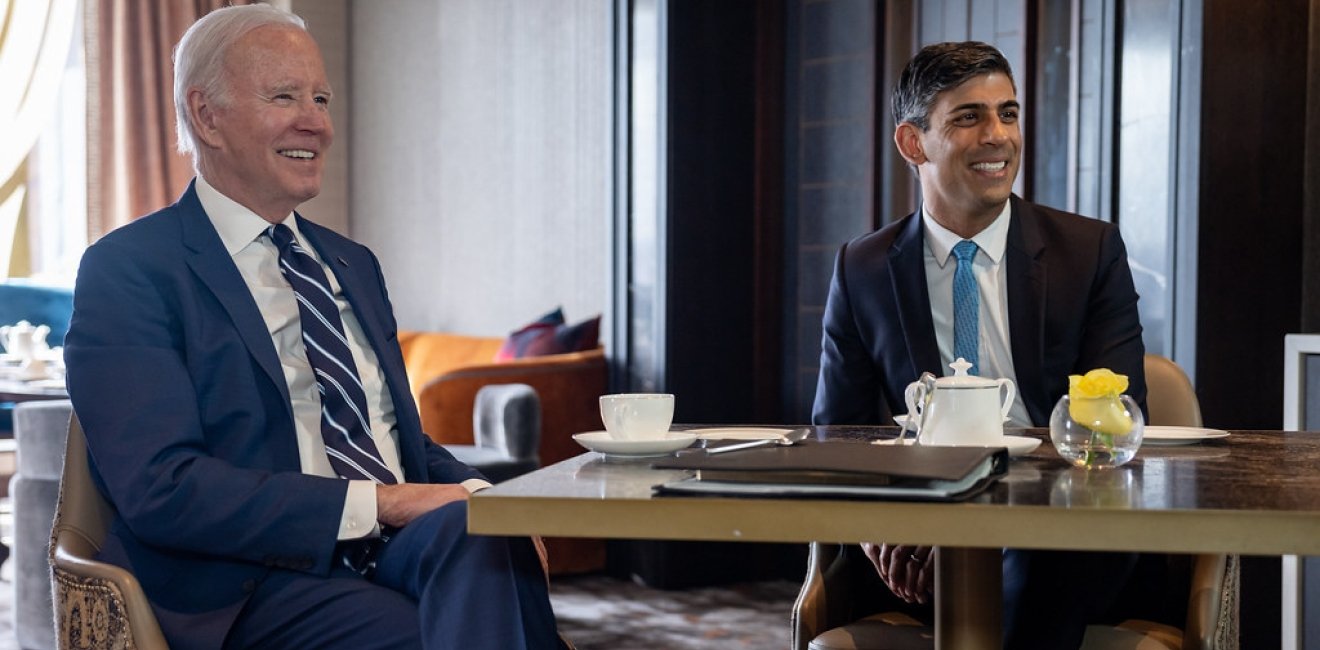Sunak’s original round of travel as Prime Minister was to European capitals, patching up relations with the French and ensuring that a cooperative European Commission would work with his government on critical political and trade issues. With those problems well parked, Sunak arrived in Washington on June 6 for his first official trip to the US as Prime Minister. His agenda focuses on Britain’s role as a global leader on technology. Sunak will propose a three pronged ‘grand plan.’ First, the UK will host an international AI summit in London this autumn. Second, he proposes the creation of a global watchdog for AI similar to the International Atomic Energy Agency (IAEA). Third, he seeks to initiate an international research body on AI under the auspices of CERN, a European institution created in 1954 to study particle physics and deep underground neutrino experiments. The US is an associate member with the goal of deepening cooperation with these scientists. Although the UK lost its membership in the US-EU Trade and Technology Council following Brexit, it seeks to maintain its scientific and intellectual platforms within the transatlantic world. Sunak’s timely proposals are likely to receive a warm reception and his projects will be implemented in conjunction with US scientists and investors.
Sunak will also report on the UK’s critical minerals strategy which sets out the government’s plans for improving the resilience of critical minerals supply chains and increasing the UK’s security of supply. Since publishing the initial report in July 2022, the government has engaged both industry and international partners to enhance international markets, accelerate growth of the UK’s domestic capabilities and collaborate with international partners.
Ukraine will be on the agenda as both Washington and London observe the early days of the counter-offensive, the future defense of Ukraine and strategize over the long-term relationship with Russia. Both Foreign Secretary James Cleverly and Defense Secretary Ben Wallace have visited Washington in recent weeks to discuss these issues with their counterparts. Now Ben Wallace has a further goal, namely, to gain Biden’s support for his candidacy to succeed Jens Stoltenberg as NATO’s Secretary General. This will be harder for Biden who welcomed the Danish Prime Minister Mette Frederiksen with a warm embrace on June 5. She too seeks to succeed Stoltenberg. Whether Wallace gets the American nod is not certain, but his experience and effectiveness as the UK’s Defense Secretary make him a long-term asset to transatlantic security relations.






